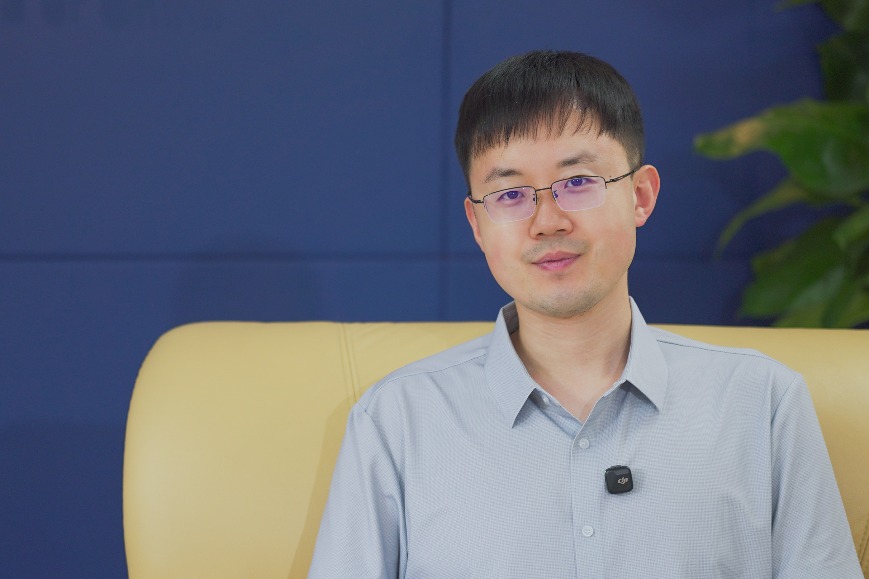'Asian NATO' bad idea for Japan's new PM


After becoming Japan's new prime minister on Sept 27, Shigeru Ishiba dissolved the House of Representatives on Oct 9, paving the way for general election on Oct 27. The Liberal Democratic Party faces a tough battle in the elections which will decide Ishiba's political future.
Known for his eloquence and political knowledge, Ishiba has been entrusted with the important task of reshaping the image of the slush fund scandal-plagued LDP. But his performance seems to be below expectations, with his Cabinet's approval rating being 46 percent, the second lowest for a new administration since 2001.
In fact, some of Ishiba's speeches have caused disputes within the LDP. He has even drawn flak from both home and abroad for his suggestion to establish an "Asian-style NATO". Plus, his proposal to make Japan and the US equal partners in their security alliance has prompted many to ask whether he has a hidden agenda.
As a prime minister with a weak political foundation, Ishiba's primary task is to bolster the centripetal force of the LDP. Accordingly, he has invited several heavyweights to hold key positions in the Cabinet in an attempt to win the upcoming general election. But the fact that some LDP leaders turned down his offer suggests he could face trouble within the party.
In particular, Ishiba faces three major challenges.
First, although the LDP-Komeito coalition secured absolute majority in the lower house of parliament in the last election, the LDP's position this time is relatively weak owing to the fund-raising scandal. It will be difficult for the party to retain all its seats, although it may still win a simple majority in the lower house. And the election to the House of Councilors next July will be a "midterm exam" for Ishiba.
Second, Ishiba may have to produce visible results in terms of boosting the economy and improving people's livelihoods. In order to encourage investment and entrepreneurship, and generate high added value, he said his government will strengthen the initiatives taken by former prime minister Fumio Kishida to turn Japan into a "leading asset management center".
During his tenure, Kishida tried to reform the distribution system and boost Japan's economy with a "new form of capitalism", but he could not curb soaring prices or increase wages to the extent people expected. Those were important reasons why Kishida stepped down. Therefore, Ishiba may draw lessons from Kishida's failure, and introduce effective policies to improve people's livelihoods as soon as possible.
Third, Ishiba faces complicated diplomatic challenges. Ishiba visited Laos this week, for the first time in his official capacity, to attend a series of meetings of the ASEAN.
After the US presidential election on Nov 5, Japan will need to streamline communication channels and improve bilateral relations based on mutual trust with the new US government in order to prolong Japan's honeymoon period with the US.
But as to China-Japan ties, Japanese leaders also need to strike a balance between catering to the domestic public, which means they should manage to maintain cooperation with China rather than simply taking a populist tough stance against China.
In a commentary published by the Hudson Institute, a leading US think tank, on Sept 25, Ishiba shared his views on the future of Japan's foreign policy in response to a request from the institute's Japan Chair before he was elected the president of the LDP.
In the commentary, Ishiba said that he wishes to "establish the Asian NATO" and make the US and Japan "equal partners". He also compared China's Taiwan island to Ukraine and claimed that the absence of a collective self-defense system like NATO in Asia means that wars are likely to break out because there is no obligation for mutual defense. So he concluded that under these circumstances, the creation of an Asian version of NATO is essential to deter China by Japan's Western allies.
He also said time is ripe to change the asymmetrical Japan-US security treaty. In his opinion, it is possible that the Japan-US Security Treaty and Status of Forces Agreement could be revised to allow the Self-Defense Forces to be stationed in Guam to strengthen the deterrence capabilities of Japan and the US. Furthermore, expanding the scope of joint management of US bases in Japan would also reduce the burden on US forces in Japan.
His views sparked strong reactions both within and outside Japan. Although the concept of an Asian-style NATO has been talked about for some time now, and has gained currency in recent years due to the US' promotion of the "Indo-Pacific strategy" to contain China, the mainstream view across the world is that the idea of an "Asian NATO" is not conducive to the diversity in the Asian region and goes against the common interests of the countries in the region.
Some senior officials of the Joe Biden administration have said that the US has no intention to establish an Asian-style NATO, with most politicians, media and scholars from ASEAN countries also opposing the idea. Some other Asian countries are also worried that the "bloc confrontation" against China will force small and medium-sized countries in the region to choose sides. And many in Japan think the idea of making Japan and the US "equal partners" is unrealistic.
Reflecting on the frequent changes in Japan's domestic politics, the new Japanese prime minister needs to address real problems to improve people's livelihoods and implement practical policies for cooperation with China. Creating an "Asian-style NATO" would not yield positive results and is just a bad idea.
The author is a specially appointed research fellow in the Department for Asia-Pacific Studies, China Institute of International Studies.
The views don't necessarily reflect those of China Daily.
If you have a specific expertise, or would like to share your thought about our stories, then send us your writings at opinion@chinadaily.com.cn, and comment@chinadaily.com.cn.
































